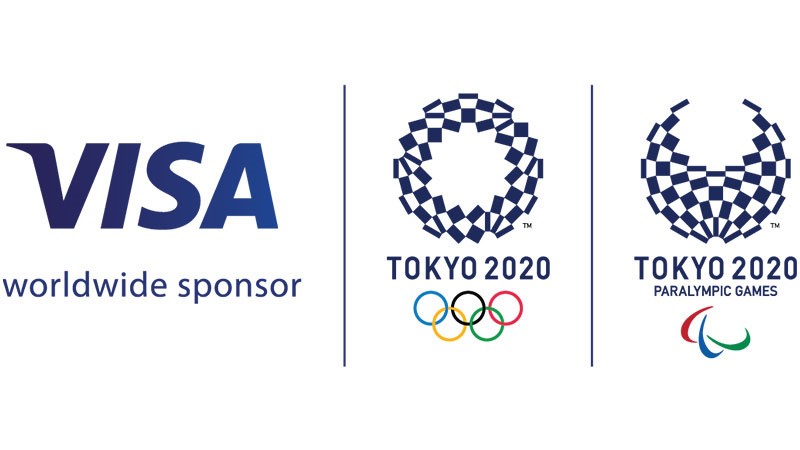Experiences surrounding the COVID-19 pandemic have made Europeans more inclined to pay electronically. This is confirmed by almost 80% of the participants in the study "Has COVID-19 affected European shopping habits?", commissioned by EVO Group companies in 7 European countries, in which they operate, including Poland. Visa became a partner of the study, inter alia, in Poland. It was carried out by ARC Rynek i Opinia research institute.
The pandemic has further accelerated the changes in shopping and payment behaviour, which have been visible for several years now, both in Poland and abroad. Among methods of payment in traditional stores, payment cards (96%) and cash (97%) have the largest group of supporters in our country. However, a difference can be seen in declarations as to the future use of these forms of payment. As many as 22% of the respondents expect to use card payments more frequently after the pandemic, with only 5% indicating that they will do so less frequently than before the pandemic. In the case of cash, the trend is reversed - only 10% of the respondents declare using it more often, and twice as many respondents intend to use it less often. Additional findings from the survey indicate that during the pandemic we missed travel, socializing, and food services the most.
"Our survey also shows that this trend will continue to grow, especially since Poles, to a greater extent than other European nations, are convinced that the ability to pay for a service by card or using cashless alternatives is an expression of meeting their expectations in terms of convenient customer service. It can be seen that providing access to their preferred payment methods is no longer treated as an expression of being state-of-the-art, but is becoming an expected standard. This is an important tip for companies providing modern payment solutions, such as eService. Their role is now not only to provide reliable and secure services, but also to make them even more friendly and comfortable," believes Joanna Seklecka, President of the Management Board of eService.
How did the pandemic affect shopping habits in Poland?
Due to numerous restrictions and the closure of many physical points of sale during the pandemic, Poles have come to lean towards online shopping. 20% of the respondents intend to buy online even more often, while 64% wants to do it as often as before. When shopping online, as much as 20% Poles are more likely to choose card payments, while 19% plan to use fast transfer payments more often than before the pandemic. When buying online, Poles now also choose the option of payment on delivery in a stationary store or directly from a courier. The respondents then pay with a payment card (78%) or cash (86%), using these methods interchangeably.
A change is also observed in terms of payment methods used in traditional stores. 22% of Poles declare that they will pay by card more often and only 10% want to use cash more often. In Poland, 19% of respondents will be shopping in traditional stores more often than before the pandemic, and 69% want to shop there as often.
Consumers’ attitude to payments in other European countries
The new habits of buyers are also noticeable in other European countries.
“For people across Europe, making cashless payments is no longer just a convenience but a necessity. More than 80% of Visa in-store payments on our continent are now contactless. We are glad that, together with our partners, we get to help small businesses in Europe adapt to their customers’ new shopping preferences, while enabling consumers to pay in the way they deem most suitable,” said Katarzyna Zubrzycka, Head of Merchant Sales and Acquirers CEE, Visa.
In terms of the dominant payment preferences and purchasing behaviour, the survey shows three main consumer segments. The largest group, i.e. almost half of the surveyed Europeans, can be described as Payment Switchers – they pay both in cash and electronically, and the experience gained during the pandemic convinced them to buy online more often. The second segment (31% of respondents) are Modern Contactless Payers. They prefer to pay using electronic methods and most of them say that digital payments will dominate in the future. The smallest segment (21% of respondents in Europe) are Cash-Oriented Traditionalists.
"The wide availability of modern methods of payment provided by EVO Group enabled Europeans to better handle the burdens of the restrictions and limitations in place during the COVID-19 pandemic. They felt like they were able to shop safely, pay using cashless alternatives and thus reduce the risk of contracting the virus. Convenience and safety of such shopping made many people convinced of the necessity and user-friendliness of these solutions. I believe that the changes that have taken place in our shopping habits are irreversible. We easily get used to good things, which is why we are working intensively to make modern electronic payment tools even more accessible," said Darren Wilson, President of EVO Payments International, responsible for the European market.
Representatives from all the three segments admit they want to shop physically rather than online more often once the pandemic has ended. Availability of card payment is one of the factors that encourage more frequent visits to local grocery stores, bakeries, bars and restaurants.
The report can be downloaded from www.eservice.pl/en/research



